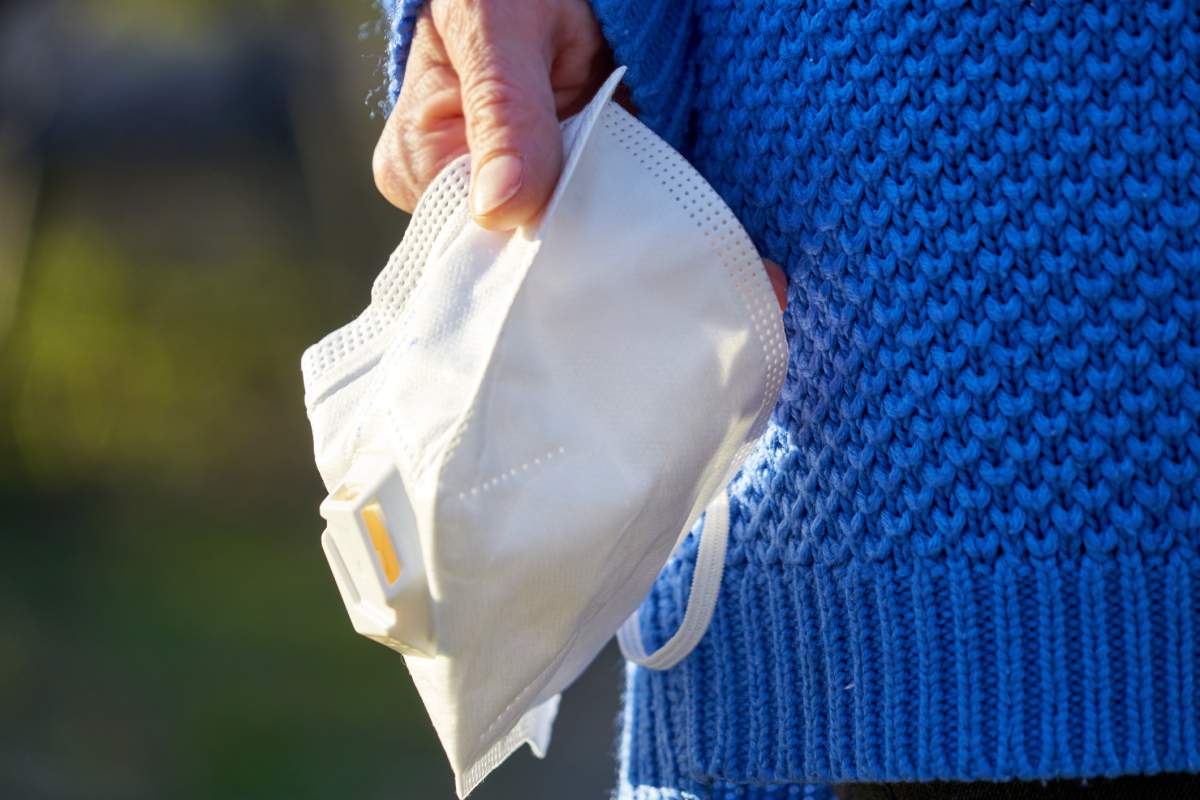The rising number of coronavirus cases in Manitoba and other parts of the country could be due to what one psychologist describes as “COVID fatigue.”

Dr. Michael Wohl, a former Winnipegger currently working as a psychology professor at Carleton University in Ottawa, told 680 CJOB that people are social animals, and physical distancing, after a prolonged period, goes against our basic instincts.
“When Manitobans look around and see others gathering in parks, playing sports — they hear about backyard parties and they see people at patios on Corydon — it sets up a perceived norm for behaviours,” he said.
“We find it hard not to join in the fun.”
Wohl said the longer the pandemic goes on, the more desensitized people become to the numbers.
“According to prospect theory, there’s a diminishing sensitivity as numbers increase,” Wohl said.
“When we first heard the number of COVID cases increasing from 5 to 10, it felt more than when we heard the numbers had increased from 100 to 105.”

Get weekly health news
Wohl recently co-authored a scientific study about COVID-19 death rates in 84 countries around the world, and found that trust plays a part in coronavirus death rates.
People in societies that are more civically engaged and trusting of state institutions were more likely to follow public health advice, like wearing masks to protect themselves and others.

Trust, however, can also have a negative impact, if you assume people around you are taking the same precautions you are when it comes to the virus, he said.
“You can’t see COVID-19, and trusting that others are engaging in behaviours that reduce the risk of transmission may actually increase virus transmission,” he said.
“A human instinct is to huddle in our social groups, which is problematic when you need people to practise physical distancing.”
Manitoba saw its 19th COVID-19-related death Thursday as cases continue to rise.
The province’s chief public health officer, Dr. Brent Roussin, said Manitobans need to be conscientious of how many people they come into contact with, especially when symptomatic — as in the case of one person who visited a bar while symptomatic and came into contact with 36 different people.
“We see these types of issues, we know what to do about it. We know that we should be decreasing our time in public spaces, crowded spaces and reducing prolonged contact,” he said.
“We certainly shouldn’t be out when we’re symptomatic.”












Comments